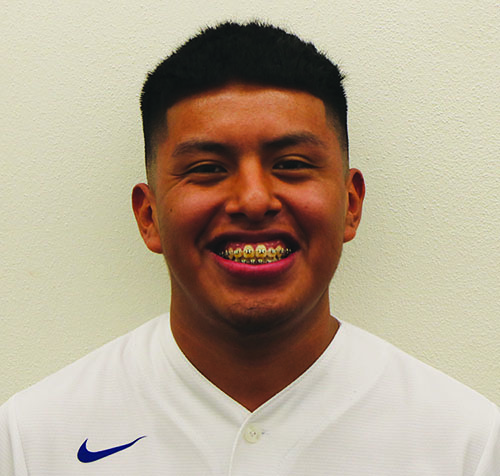Food is a comfort
October 4, 2017
Many of us have used food as a coping mechanism, and chocolate is certainly a favorite. People buy chocolate when they are sad. They get chocolates when their significant other makes a mistake. Even when they are happy, they must have the chocolate. The solution is, obviously, to eradicate chocolate, but that cannot be done, so we need to change our relationship with food.
It is impressive how much we rely on food items to improve our mood. This coping mechanism is learned. We learn it from parents, friends, and the media. If you think about it, most movies that deal with breakups show the typical image of a girl sitting in front of the TV eating endless amounts of ice cream. For some reason, the sad girl always reaches for the frozen treat.
When it comes to parents, they tend to reward their children’s behavior with food as well. If they do well in school, their parents will take them out for some ice cream. If they are not behaving, their parents will not let them have that cookie after dinner. As they grow up, most important life events are celebrated with food. Birthdays, holidays, graduations, and weddings all share a common denominator: food, and lots of it.
Am I saying that food is evil? Most certainly not. However, our lives should not revolve around food. Giving it such a central place in life can contribute to the development of unhealthy behaviors. One of such behaviors is overeating. Overeating refers to consuming more energy (food) than your body spends. Holidays such as Thanksgiving can lead to overeating, and how can I blame you? Cranberry pie is awesome.
Unfortunately, some people do not just overindulge during holidays; they do it every day.
When overeating gets out of control, it can result in weight gain, obesity, and eating disorders. Overeating is a symptom characteristic of binge-eating disorder. People who suffer from this disorder experience recurrent episodes of eating large quantities of food in a short period. They have no control over their eating, and experience extreme shame or guilt after episodes.
The reason why I chose to focus on binge-eating disorder is that, as opposed to anorexia or bulimia, it is not talked about often. Those who have it suffer in silence and may not be aware that there is help. If you are one of those people, you should know that you are not alone. There are others like you, and most importantly, they have taken advantage of the many tools out there to manage their condition.
My first recommendation is that you seek help. Help comes in many forms; you can talk to parents, friends, professors, and therapists. A therapist will diagnose, treat, and guide you as you change your relationship with food. They may also direct you to self-help and support groups, which can be very helpful.
I have found several options for those struggling with eating disorders. The National Eating Disorder Association (NEDA) has a 24-hour helpline that offers support, resources, and treatment. Bakersfield also offers many options if you need help.There is a group called Overeaters Anonymous that meets several times during the week at St. Paul’s Episcopal Church on 17th street.
The most important thing is that you seek support. If the issue of overeating has taken a toll on your life, and if it is preventing you from feeling your best, please reach out. If you are not struggling with this issue, then I encourage you to throw that bar of chocolate away and join me in raising awareness and supporting others.








